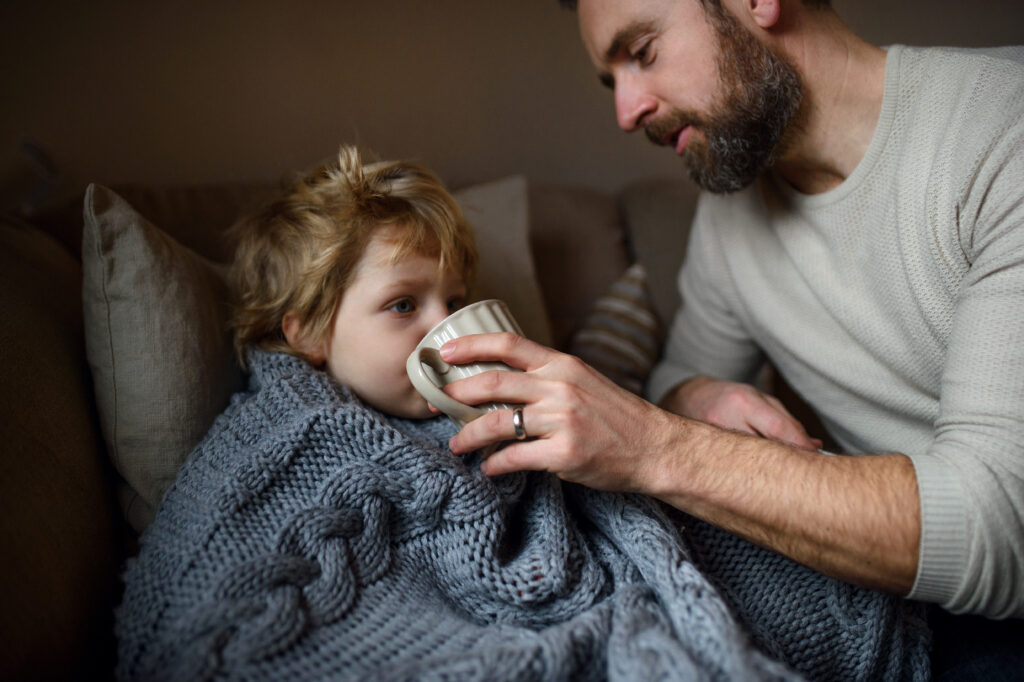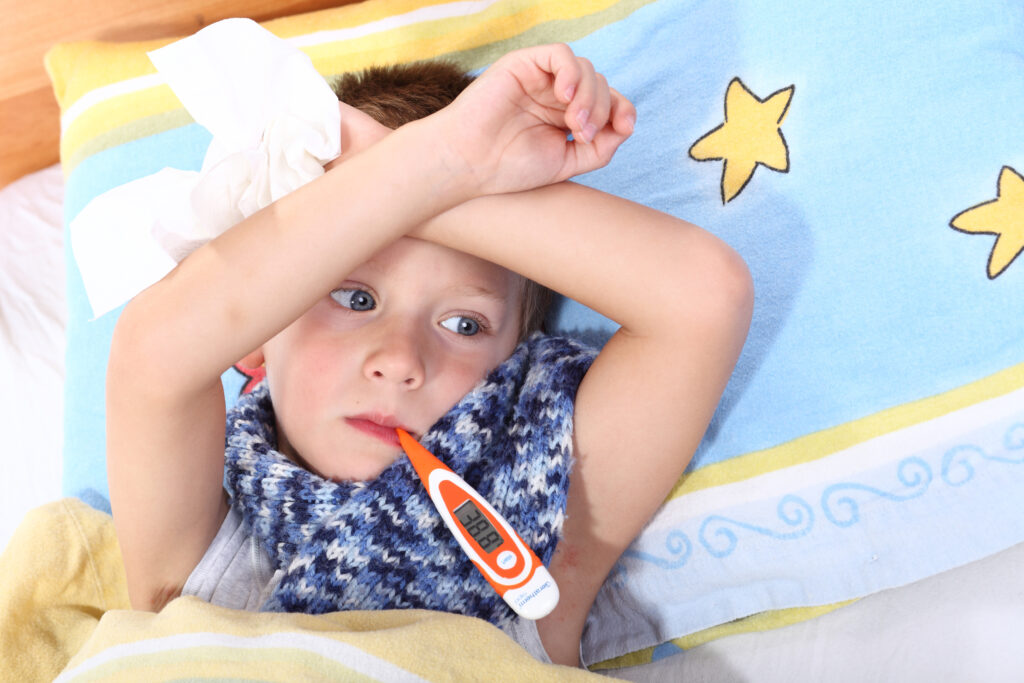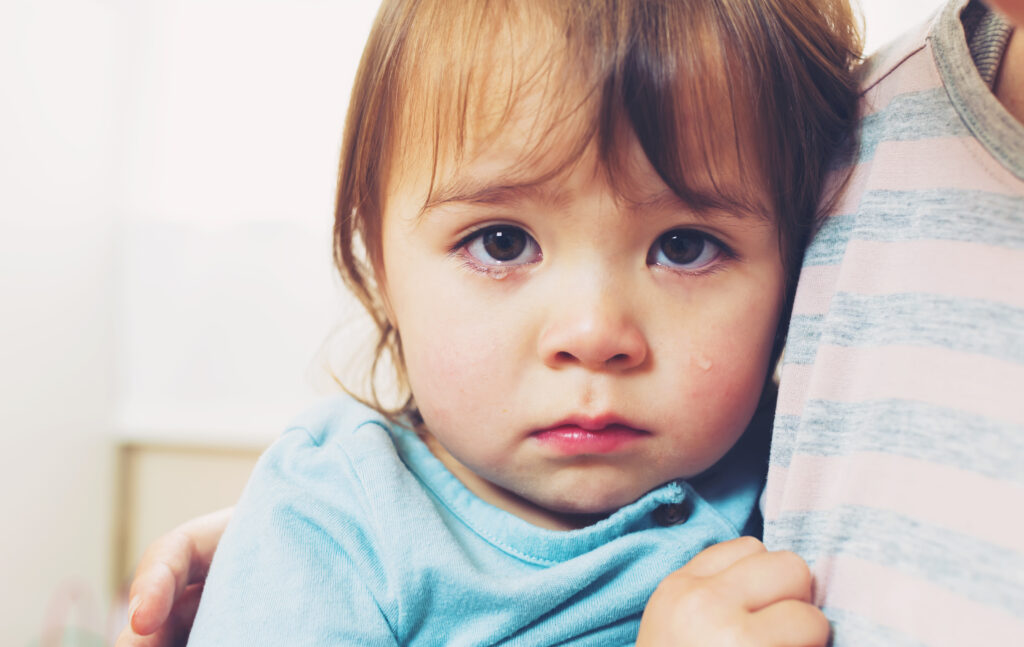From the Washington State Department of Health
Pediatric hospitals and clinics across Washington are in crisis as rising case rates of Respiratory Syncytial Virus (RSV), flu and COVID-19 cause overcrowding in the midst of staffing shortages. Flu hospitalizations are at the highest rates seen in 10 years for this time period and pediatric emergency departments are seeing a record number of RSV patients. To slow the spread of respiratory viruses, Washington State Department of Health (DOH) recommends that everyone 6 months and older be vaccinated for influenza and get a COVID-19 booster to lower the risk of respiratory virus transmission and serious illness. Find resources here
Pediatrician Discusses RSV Cases American Academy of Pediatrics
RSV is spreading rapidly and much earlier than normal this year. That combined with flu season and the continued spread of COVID makes for a scary time for many parents of young children. Pediatrician and parent of young kids Dr. Parga-Belinkie offers reassurance and practical guidance for parents in this new video, including signs it’s time to #CallYourPediatrician to be seen.
Posts by Pediatrician Dr. Elise Herman

Preventing Respiratory Syncytial Virus Infections
RSV typically starts in fall, peaks in winter, and causes cold symptoms including runny nose, cough, and fever in children and adults. Most kids have had RSV by age 2. Although usually mild, RSV can cause more serious problems like wheezing, pneumonia, and trouble breathing.

RSV in Kids
Most kids have had RSV at least once by age 2 years and usually it just causes a mild cold. In some children, especially preemies, young infants, and those with heart, lung, or immune system problems, RSV can be more serious.
Information / Flyers, Handouts and Printable
Seattle Children’s Hospital
American Academy of Pediatrics
Center for Disease Control
Local Resources
If you or someone you are taking care of are exhibiting symptoms that you feel require immediate medical attention, please call 9-1-1. If you or someone you are taking care of are experiencing symptoms but do not require emergent care, please contact your primary care provider.
Most health insurance companies offer a 24-HR Nurse Line to assess symptoms, provide support and guidance for non-emergency situations. Check the back of your insurance card for the phone number.



